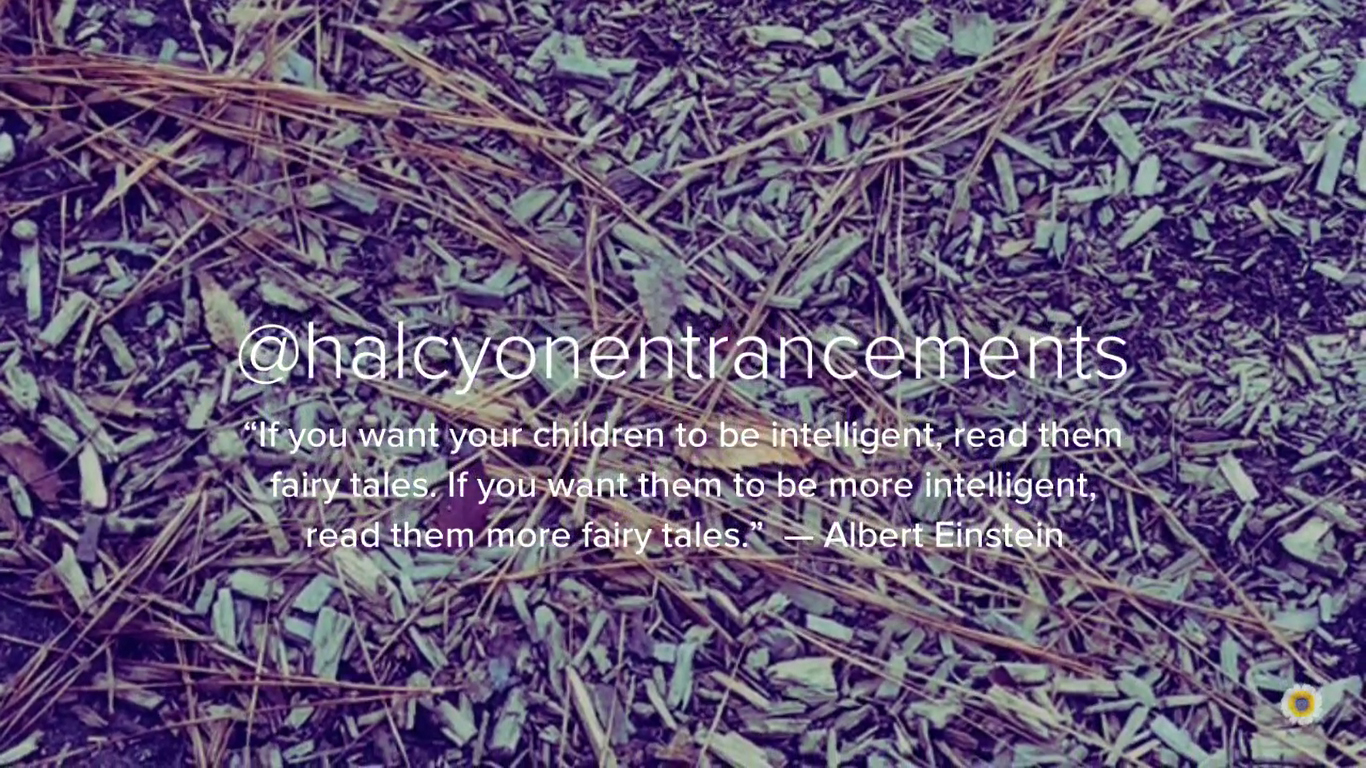“Turns out that ASMR is pretty special. According to a recently published study in The Journal of Prevention of Alzheimer’s Disease (catchy name!), the part of your brain responsible for ASMR doesn’t get lost to Alzheimer’s. Alzheimer’s tends to put people into layers of confusion, and the study confirms that music can sometimes actually lift people out of the Alzheimer’s haze and bring them back to (at least a semblance of) normality… if only for a short while. ASMR is powerful stuff!”
Artist duo Semiconductor makes the invisible visible, Justyna Kopania stops time in her textured paintings, and photographer Dylan Hausthor tells a story questioning manic visual memory
“You have expressed an interest in capturing ‘the quick passage of time.’ How do you evoke this concept in your paintings?
Time…Man is looking at time constantly. He looks at the clock, he lives from hour to hour. It scares me. That’s why I try to capture time in my paintings. Stop time, a snippet of a second. I’m painting fast, I’m racing against time. A surreal challenge.
The concept of time irritates me. Man was born and has only a certain amount of time. That is life, unfortunately. This is reality. I have a big imagination. Sometimes I think it’s too big. I sometimes stop the time in my imagination. And I feel totally free, like I was the ocean. And this feeling I paint on the canvas.”
Doritos flavoring fools your senses into thinking they’re nutritious, rhythm perception may help stuttering, and cake icing videos to rest your mind
“We think we experience the aroma of food when we smell it, but it’s actually a bit more complex than that. When you bite into the food, the aroma goes into the back of your throat and through a small hole up into your nose. This is called retronasal olfaction, and is actually a more powerful form of smelling than normal smelling. This is what allows you to experience the richness and nuance of food.
Brain scans reveal the experience of flavor takes up more gray matter than any other sensory experience. Additionally, the largest portion of the human genome involves the creation of your nose. So, from an evolutionary perspective, this chemical-sensing ability appears to be particularly important.”
Hearing silent images is the most common synesthesia, UCLA transferred snail memories, and I hear “Yanny”
“Up to one in five people may show signs of a synesthesia-like phenomenon in which they ‘hear’ silent flashes or movement, according to a new study from City, University of London.
While the effect is barely known to science, the researchers found that this ‘visually-evoked auditory response’ (vEAR) is far more common than other types of synesthesia – such when certain sounds elicit a specific colour – with flashing lights and motion evoking vivid sounds.
The survival of this association may also explain other links between sound and vision, such as why we like to listen to music synchronised with flashing lights or dance.
…While other typical synesthesias are estimated to have an overall prevalence of 4.4 per cent, the vEAR effect has recently gained some prominence on social media following the rise of ‘noisy GIFs’, and in particular the ‘thudding pylon’ GIF which received thousands of retweets.”
An undiagnosed love story, autistic vision focuses on the details, and an auditory dimension augmented reality experience
“…The turning point came with a startling realisation: we don’t argue. Ever. Early on in our marriage I was terrified of any sign of anger on his part. Even mild irritation left me quaking. I would shut down and not respond. In the end, we found a way to be and we haven’t had a cross word for more than a decade.
Years ago, Tim would snap over something small and I would retreat upstairs and not come down until I knew he had either gone out or had calmed down. I simply didn’t engage. Now he no longer even considers getting cross; he knows nothing will come of it. Problems are discussed calmly and solutions negotiated. Anything else seems bizarre to me. Why would anyone want to scream and shout at the person they love?”
Read Them More Fairy Tales
If you want your children to be intelligent, read them fairy tales. If you want them to be more intelligent, read them more fairy tales. ― Albert Einstein







